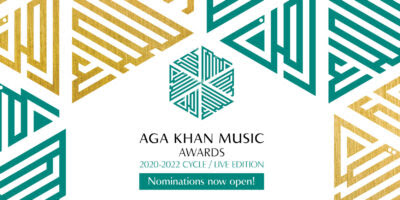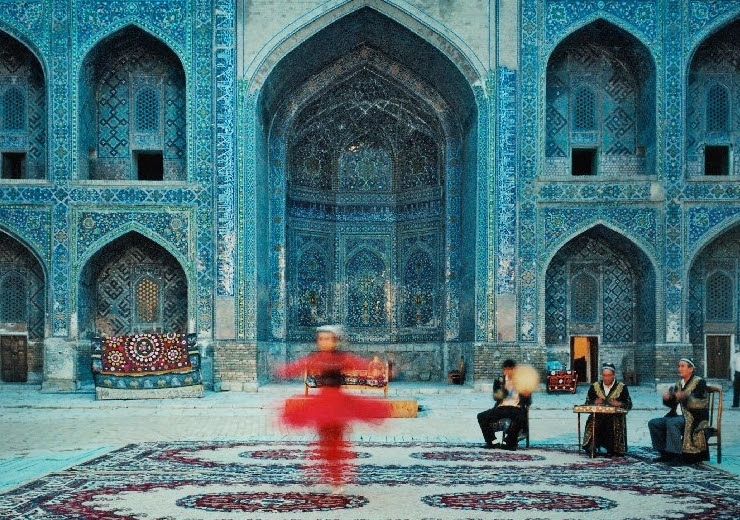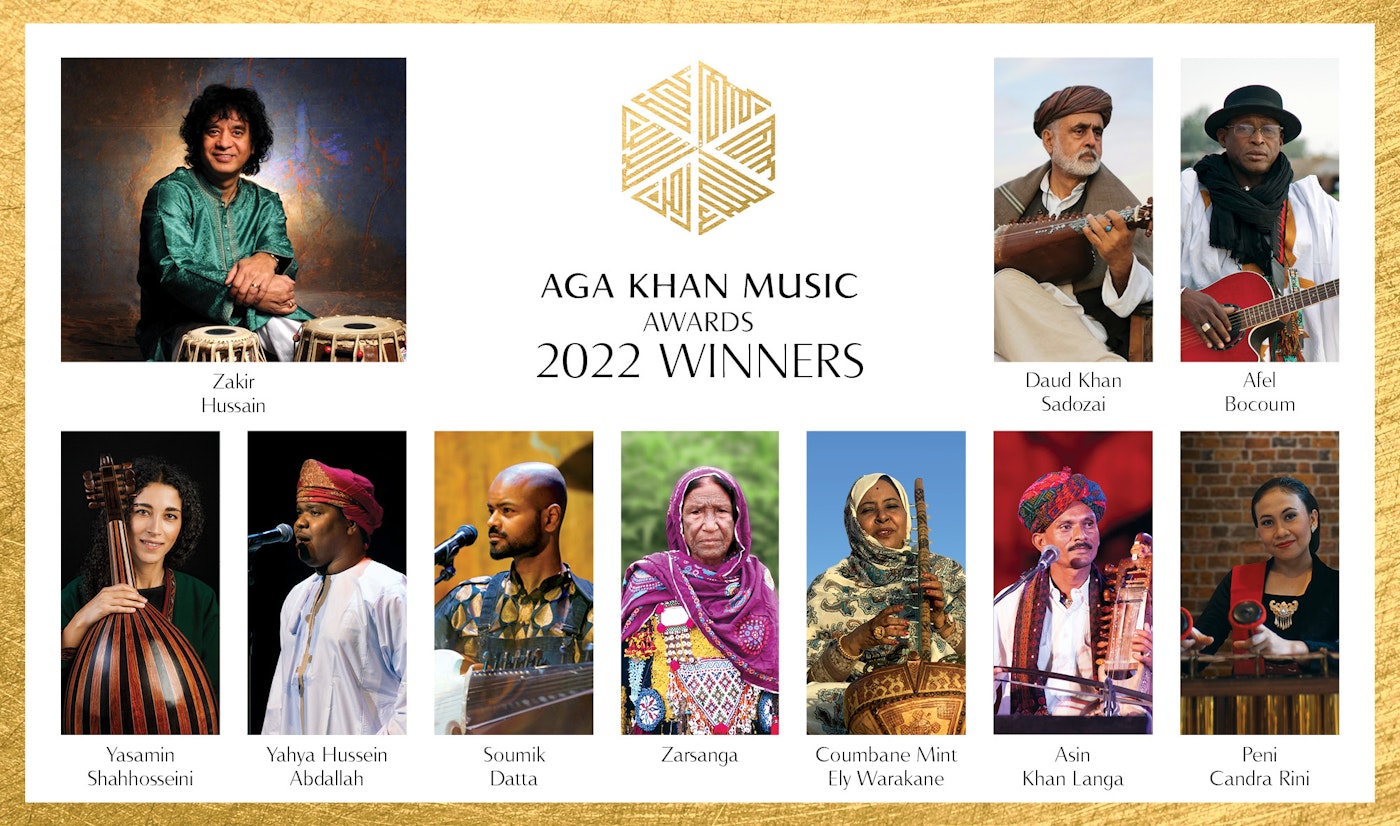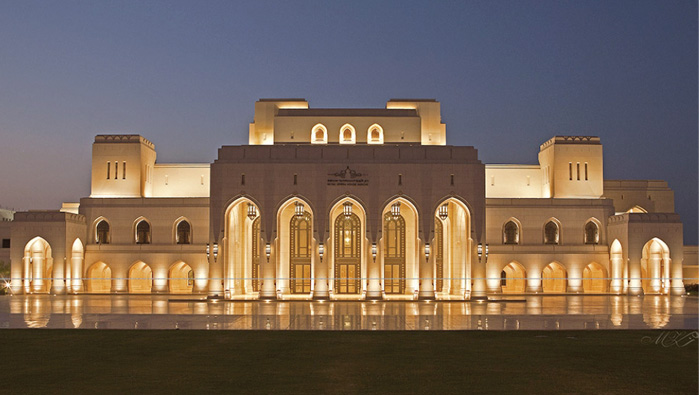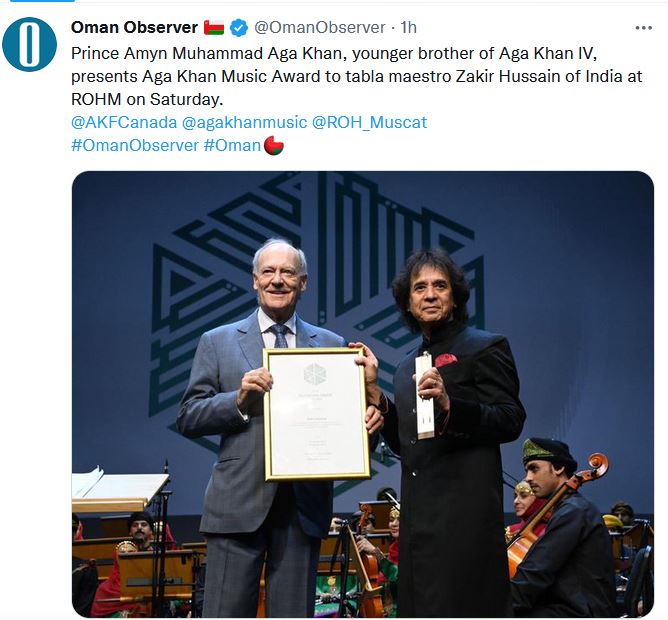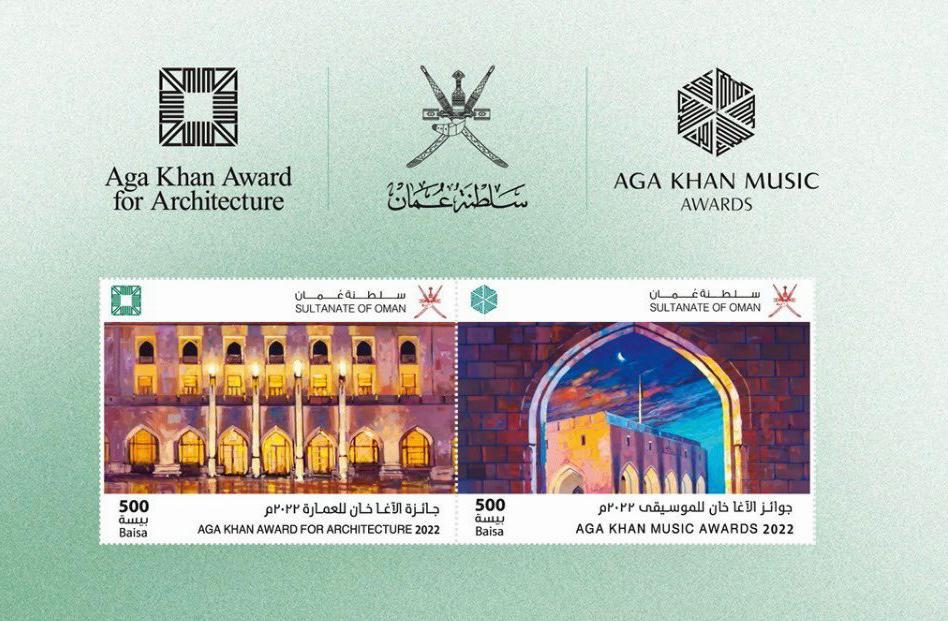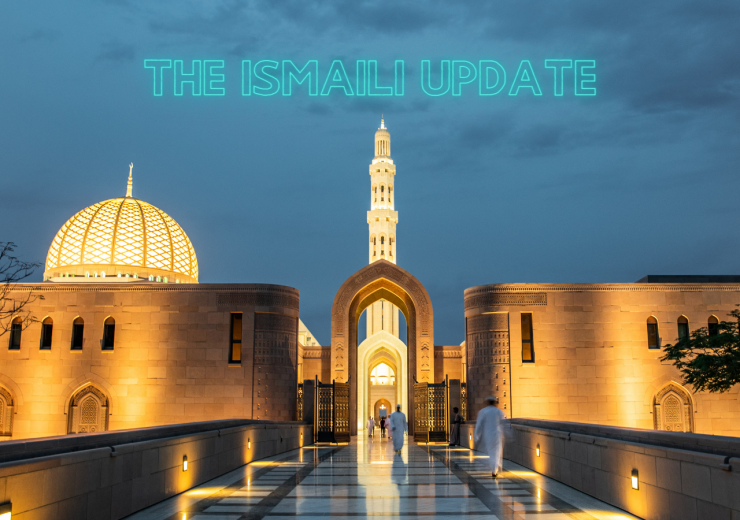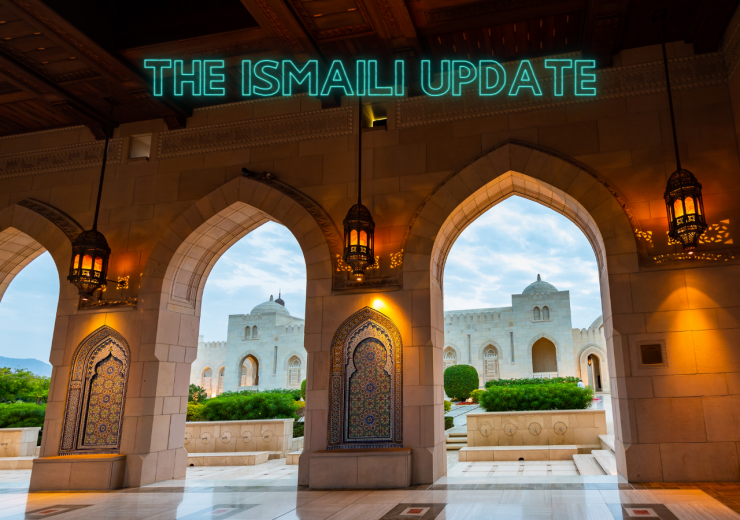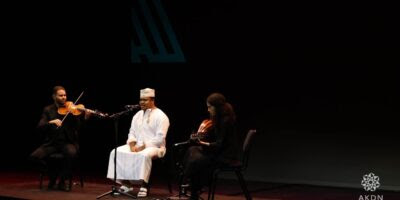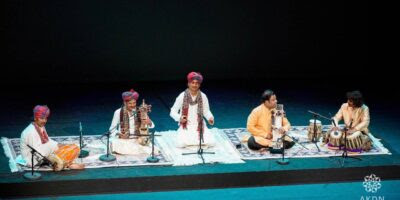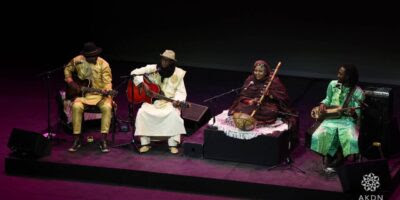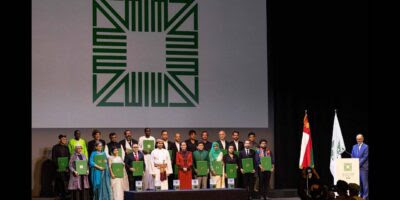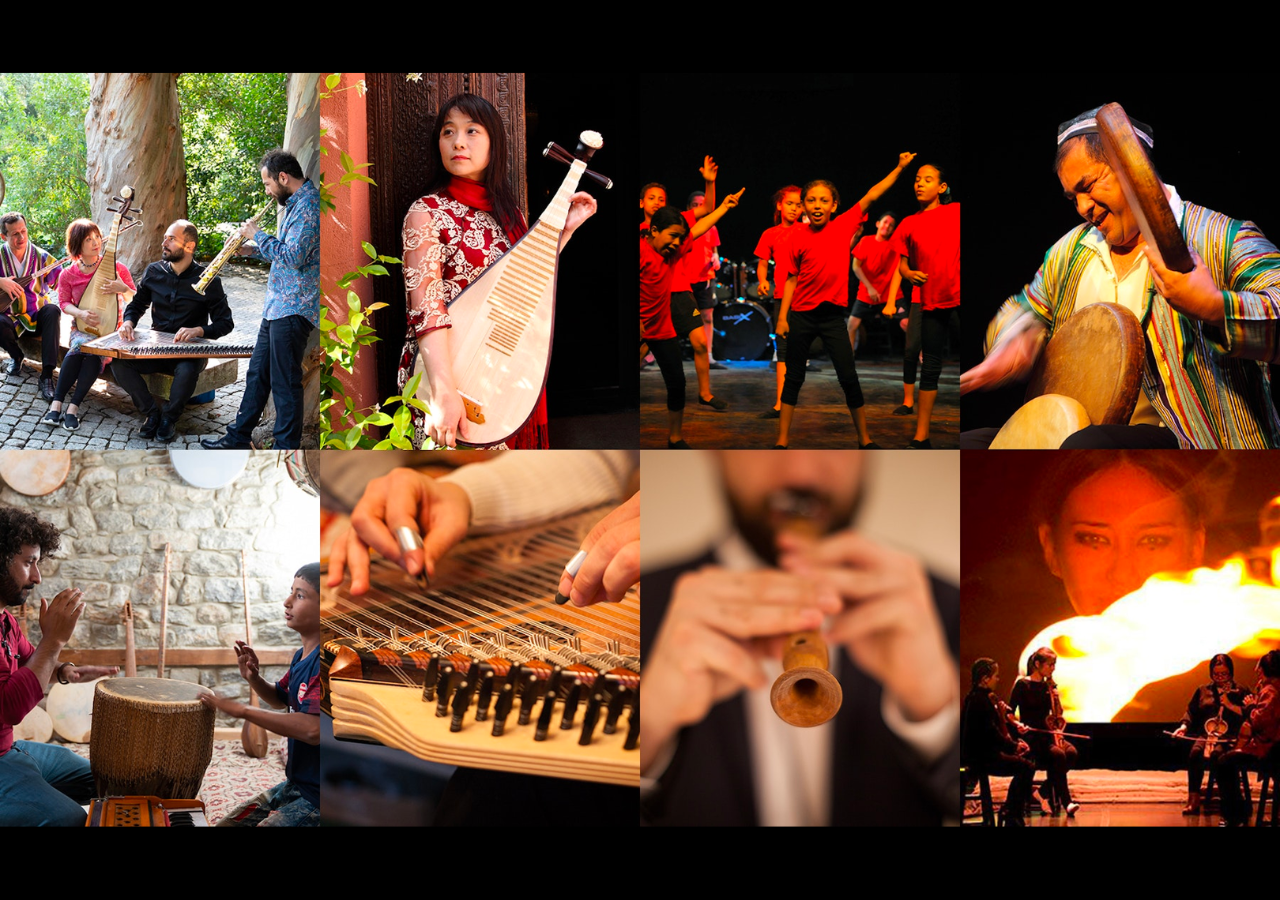
A praise singer from Dar es Salaam, an all-female quartet from Tehran, a dervish from Lahore, and the world’s most famous tabla player… These are just a few of the 16 remarkable laureates of the 2022 Aga Khan Music Awards, which are being celebrated this weekend in Muscat, Oman, as the Music Awards and the Aga Khan Award for Architecture team up to create the first-ever joint Awards event.
How were these musicians selected to receive one of the prestigious Awards, which were established by Mawlana Hazar Imam in 2018 to recognise exceptional musical creativity, promise, and enterprise in societies across the world in which Muslims have a significant presence? And why offer support for music and musicians at a time when so many urgent needs compete for attention in every sector of the AKDN’s work? To answer these questions, we need to look back at the original inspiration for the Music Awards and its predecessor, the Aga Khan Music Programme, and trace their development and social impact.
Mawlana Hazar Imam has spoken about the critical role of his visit to Tajikistan, in 1995, when he was deeply impressed by the rich and resilient musical life of the communities he visited and began to think, as he put it, “about the ways in which music can be a strong cultural anchor, deepening a sense of community, identity, and heritage, while simultaneously reaching out in powerful ways to people of different backgrounds.” But how to turn a lucid observation about the power of music into an ongoing cultural development programme that applies the rigorous metrics and analytical schemes of development professionals to measuring the impact of music? Can music’s impact ever be measured? To explore this question, Mawlana Hazar Imam established the pioneering Aga Khan Music Initiative in Central Asia, as the Music Programme was first known.
The year was 2000, nine years after the breakup of the Soviet Union. The social and economic aftershocks of the breakup reverberated strongly in Central Asia, and musicians were particularly hard hit. Under Soviet rule, musicians could count on guaranteed employment as performers, teachers, and composers, but without the sprawling Soviet infrastructure, musicians were left to their own devices. As the newly independent nations of Central Asia took stock of their cultural assets, it became clear that many traditional practices had been lost, including, notably, musical practices. Revitalising these traditions, training young musicians to perform them, and stimulating demand for them among listeners became the work of the Aga Khan Music Initiative. Fairouz Nishanova, the Music Initiative’s long-time director, recounted the challenges of getting the programme off the ground. “In Kyrgyzstan and Tajikistan, we scoured the countryside for musical tradition-bearers,” she recalled. “Some of the best had given up playing music, and we had to persuade them to return to it. We offered them positions teaching music in a network of schools we established, but they were skeptical about whether there would be any interest.” Parents were also skeptical about providing their children with lessons on traditional folk instruments. ‘Why not learn the accordion?’ some parents advised their children.
Persistence paid off, however, and the Music Initiative began to see a measurable impact of its work. Enrollments in music classes burgeoned. Workshops to build high-quality instruments cranked up production. Students from the music schools competed successfully in regional and international competitions. And an increasing number of folk instrument cases could be spotted on the streets of Bishkek, Almaty, and Dushanbe. Concert touring networks presented musicians from Central Asia around the world. The prestige of traditional music grew. Government officials took notice and provided resources to help the Music Initiative scale up its programmes.
Yet, despite the achievements of the Music Initiative and its successor, the Aga Khan Music Programme, their impact was limited by their remit to work on the ground in six specific countries and offer long-term support to a small network of schools, with the result that dozens of other countries with strong Muslim musical heritage were left untouched by their activities. Broadening the impact of the Music Programme was a principal rationale for establishing the Aga Khan Music Awards. By casting a global net for musical talent, the Music Awards exponentially expanded the networking possibilities of the artistic community the Music Programme had been growing for more than two decades.
This work is ongoing and evolving. Today, many of the Awards laureates are using their musical gifts to teach and mentor young people, raise awareness about urgent social and environmental issues, and rally listeners to causes of justice and freedom. While the broader social impact of the Music Awards will only become known with time, all indications are that supporting the creative work of exceptionally gifted musicians is a successful strategy for advancing the overall mission of the AKDN.
https://the.ismaili/global/news/feature ... sic-awards
**********
Transcending boundaries through music
This year’s Aga Khan Music Awards laureates hail from nine countries around the world
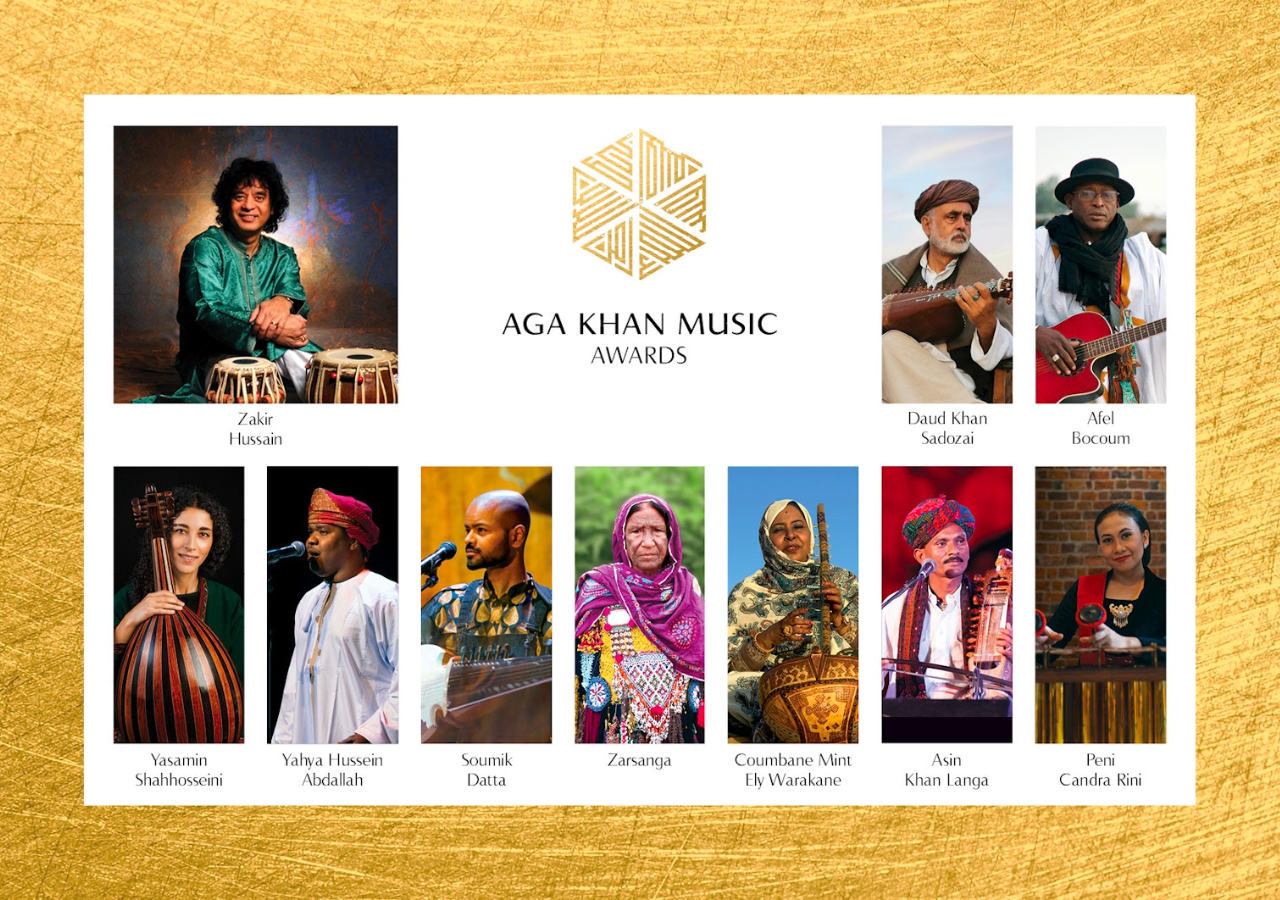
In a world that can often feel uncertain, music is a source of hope. It’s a universal language; one that transcends cultural boundaries and can unite people of different backgrounds. Just a single chord can touch one’s innermost being, evoking emotions without uttering a word.
These attributes and abilities are one of the many reasons why I believe Mawlana Hazar Imam established the Aga Khan Music Programme in 2000 and the Aga Khan Music Awards in 2018. It was to acknowledge this cultural force and to encourage investment in, and nurturing of, cultural assets and creative expression as a means of uniting people.
“The Aga Khan Music Awards will aspire to fill a unique cultural role,” said Mawlana Hazar Imam in announcing the establishment of the Awards in 2018. The initiative aimed to celebrate devotional music and poetry, indigenous classical music, traditional folk music, and tradition-inspired contemporary music that has flourished in cultures shaped by Islam. It highlights music’s traditional role as a source of spiritual enlightenment, moral inspiration, and social cohesion.
This year’s laureates hail from nine countries. Spending a few hours diving deep into their music, I was filled with energy and joy. I felt transported across the globe, from villages to concert halls, listening to technical mastery, emotion, and a deep connection to historical roots. The Awards will bring new exposure to these phenomenal talents.
Some of the laureates, such as Zakir Hussain from India, and Zarsanga from Pakistan, have performed for more than six decades and are recognised globally as the best in their fields. When Zakir Hussain plays, you know you’re watching a virtuoso, with a unique mastery and command of the tabla. Zarsanga, known as the Queen of Pashtun Folklore, is another example of preserving traditions. She expertly sings the orally-transmitted music of the Pashtuns, celebrated by millions of people worldwide.
Others weave together contemporary and traditional sounds to create their music. Afel Bocoum from Mali does this effortlessly with an instrumentation and vocal style that feels accessible, and one cannot help but move to the beat. Peni Candra Rini of Indonesia composes innovative artistic works, representing a new vision for Javanese music based on her knowledge of traditional Indonesian performing arts. Soumik Datta, from the UK, creates pieces interpreting classical Indian music in unique ways, often incorporating pop, rock, and electronica. Yasamin Shahhosseini of Iran plays the oud with technical mastery and soul, finding innovative ways to incorporate traditional Persian music into her compositions.
Some of the laureates have devoted their lives to the preservation of artistic traditions. Asin Khan Langa, from India, sings and plays the Sindhi sarangi, an incredibly melodious instrument. He has remained in his village to nurture the legacy of the community’s artistic craft. Coumbane Mint Ely Warakane from Mauritania also hails from a hereditary line of musician-poet-singers and plays the ardin, while showcasing Berber-Arab vocal techniques and a commanding presence on stage.
Browsing the list of all laureates in this year’s Awards cycle immediately showcases a rich diversity. In his speech at the Aga Khan Music Awards ceremony in Lisbon in 2019, Mawlana Hazar Imam spoke of the remarkable diversity of music that exists in the Muslim world.
“It comes in many styles, forms and classical repertoires,” he said. “It includes simple folk melodies, contemplative mystical music and driving dance rhythms; and it reflects the immense diversity of different Muslim cultures themselves, including musical traditions that have been carefully cultivated over the centuries within the Ismaili community.”
Music can be deeply spiritual. Many musicians speak of a higher plane accessible through music and art. In the Ismaili Tariqah, dhikr is an example of contemplation, reflection, and connection, often through congregational recitation. More broadly, music is one of humanity’s ways of expressing ourselves, and expressing devotion to the divine. A producer once told me that two thirds of all songs are about love. Love of the divine, and songs of devotion or praise would fall into this category.
Some of the laureates in this year’s Awards cycle focus exclusively on devotional music. Yahya Hussein Abdallah of Tanzania uses his vocal technique to demonstrate such devotion, composing and reciting songs of praise. Daud Khan Sadozai, from Afghanistan – though based in Germany – plays the Afghan rubab. His work has contributed to the preservation, development, and dissemination of Afghan music worldwide. Through his music, he takes his listeners on a journey, transporting them to another level via tremendous focus and technical skill.
The Aga Khan Music Awards Master Jury also named Musallam al-Kathiry as the winner of a special award for Excellence in Service to Omani Musical Heritage. Mr al-Kathiry, a music researcher, arts manager, performer and composer from Muscat, Sultanate of Oman, has made important contributions to the collection, documentation, preservation and dissemination of Omani music.
Each of the artists being recognised at this year’s Award Ceremony are storied in their own right. From using music to bring people and communities together, to preserving traditional instruments, styles, and pieces, to channeling devotion through artistic expression, the artists are worthy of the prizes they will receive. Their talent radiates through the screen and speakers. Fortunately, we’ll all be able to hear them live in Oman later this week. The world is in for a treat.
https://the.ismaili/global/news/feature ... ough-music